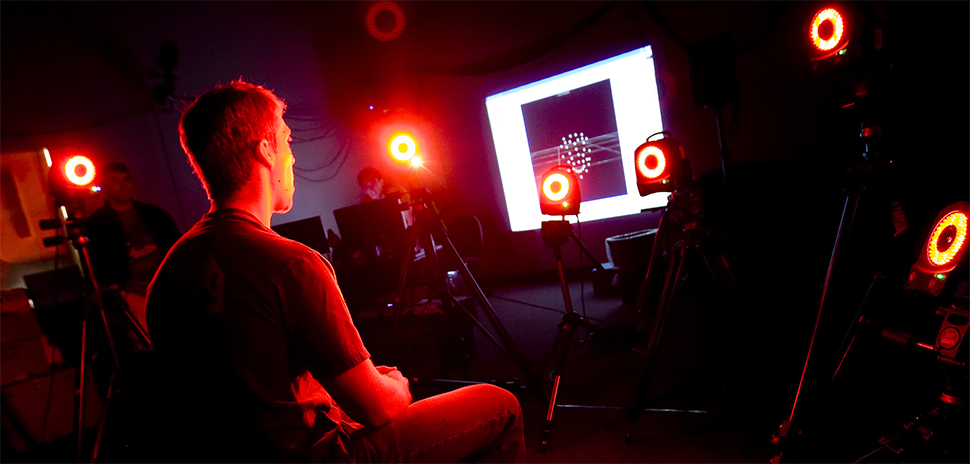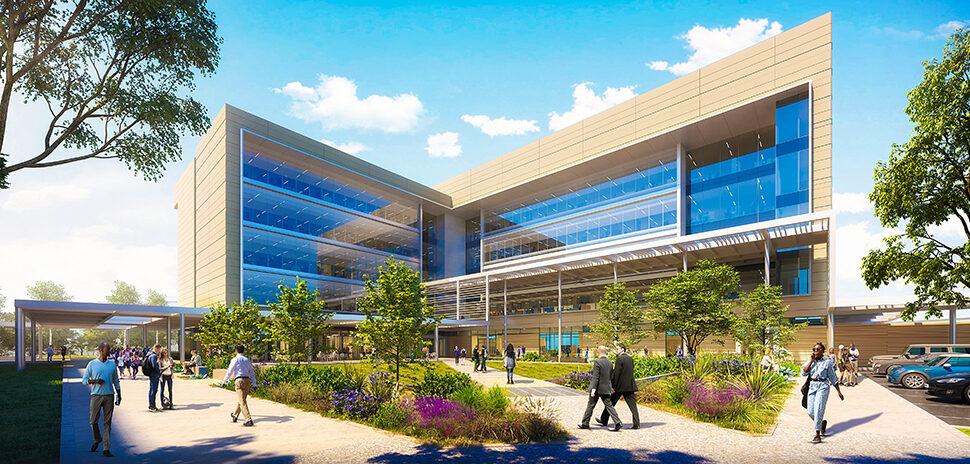For years, the arts and humanities have become more and more suffused with technology. Now UT Dallas is bringing the three together in a big way this fall—by combining two of its schools into a larger School of Arts, Humanities, and Technology.
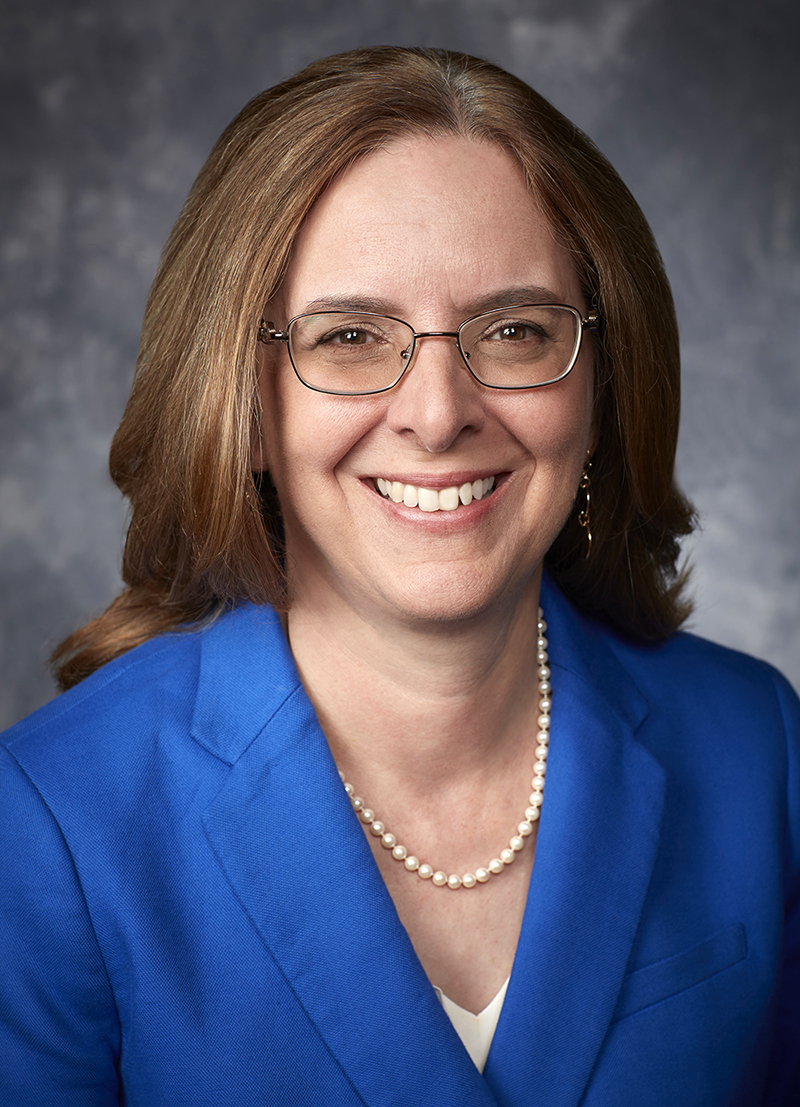
Dr. Inga Musselman
By combining UTD’s School of Arts and Humanities (A&H) with its School of Arts, Technology, and Emerging Communication (ATEC), the university aims to “forge a new path for excellence, innovation, and growth in the arts.”
Bringing A&H and ATEC together as one will also position the school to take advantage of UTD’s future arts and performance complex—the Edith and Peter O’Donnell Jr. Athenaeum, a $158 million cultural arts district that had its groundbreaking in May.
That’s according to Dr. Inga H. Musselman, provost, VP for academic affairs, and Cecil H. Green Distinguished Chair of Academic Leadership at UTD
The schools’ combined strength “will enhance the student experience, advance research, and support the mission of our arts, humanities, technology, and communication programs,” Musselman said in a statement.
She added that existing degree programs and curriculum will remain the same, although faculty can work together to propose changes.
A&H was established in 1975. In 2015, the school’s arts and technology program and emerging media and communication program spun off from A&H and became a new school, ATEC.
UTD is at the forefront of animation and game design
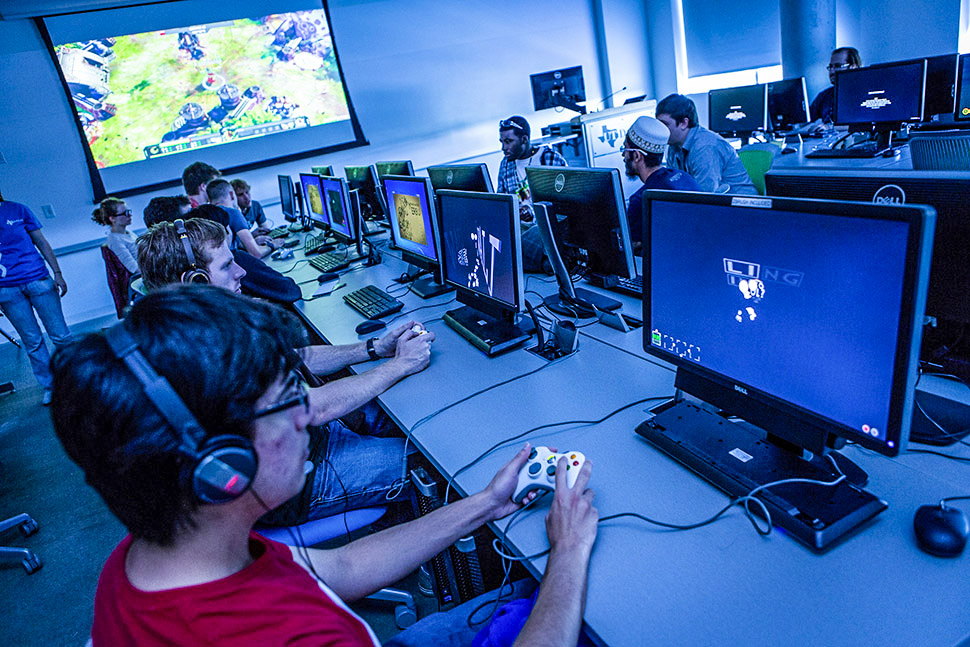
[Photo: UTD]
The combined school will be leveraging technology-and-arts momentum already shown by ATEC, which is turning students into animation and game design rock stars, as Dallas Innovates reported last year.
The school’s animation and game design program has emerged as one of the best in the country, its leadership says, and graduates are increasingly filling positions at some of the industry’s top companies.

Students can learn motion capture technology in the Mocap lab. [Source: UTD Video]
Beyond animation and game design, ATEC is a multidisciplinary academic research school that attracts humanists, scientists, roboticists, programmers, and innovators who think “critically and creatively about the entanglement of technology and culture,” according to the school.
Students and faculty at ATEC collectively work on “Intentional Future-Making,” which aims to explore the evolution of media and technology to cultivate how we live, work, and play. Its STEAM programs build on the disciplines of science, technology, art, engineering, and management.
‘A strong, single academic presence for the arts’—with an inaugural dean

A rendering of the planned $158 million Edith and Peter O’Donnell Jr. Athenaeum at UT Dallas. [Rendering: UT Dallas]
After the merger, UT Dallas will once again have seven academic schools. Last fall, A&H and ATEC had a combined enrollment of around 2,100 students in their degree programs, including 103 master’s students and nearly 200 PhD candidates.
“The idea behind this move is to have a strong, single academic presence for the arts at UT Dallas,” Musselman said. “I’m very excited about this. It’s a good step for the university.”
In another big step, Dr. Nils Roemer has been appointed to be the inaugural dean of the combined school, effective August 22.
Roemer is currently interim dean of A&H and ATEC, director of UTD’s Ackerman Center for Holocaust Studies, and the Stan and Barbara Rabin Distinguished Professor in Holocaust Studies,
“Nils is a leader who knows both schools very well and can help this transition occur relatively quickly and smoothly,” Musselman said, adding that Roemer is the “ideal person” to lead the school because of his commitment to the arts at UTD, his connections to DFW arts communities, and his “adept” administrative skills.
Inaugural dean: ‘Creativity and innovation are at the epicenter of UT Dallas’
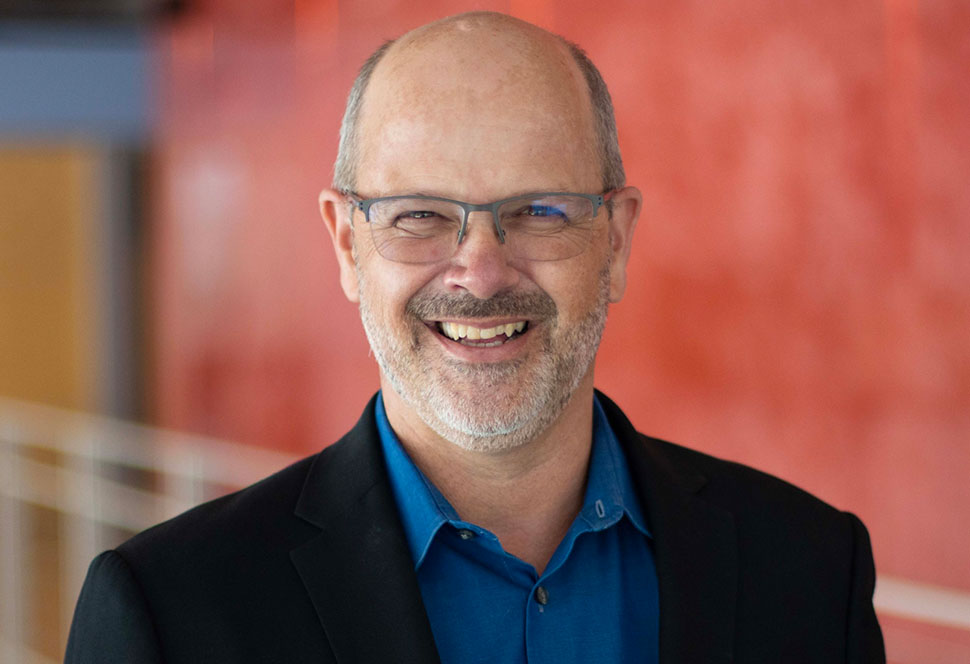
Nils Roemer, inaugural dean of the School of Arts, Humanities, and Technology at UT Dallas. [Photo: UT Dallas]
“Creativity and innovation are at the epicenter of UT Dallas teaching and research,” Dr. Roemer said in the statement. “Our faculty and students share a deep creativity, a bold imagination, and a persistent drive to generate better futures. The result is an academic excellence exemplified in our alumni who make a difference in North Texas and beyond.”
“We’re also creating opportunities to make a statement to the entire country about our commitment to arts, humanities and technology,” Roemer added.
While the merger will take effect Aug. 22, UTD says faculty will work over the next several semesters to determine the best ways to enhance academic programs with potentially new courses or combined offerings.
Roemer says the end goal is to establish “a rich academic environment where students excel.”
![]()
Get on the list.
Dallas Innovates, every day.
Sign up to keep your eye on what’s new and next in Dallas-Fort Worth, every day.

